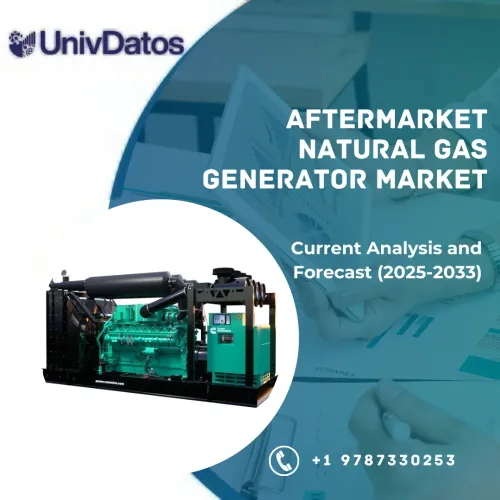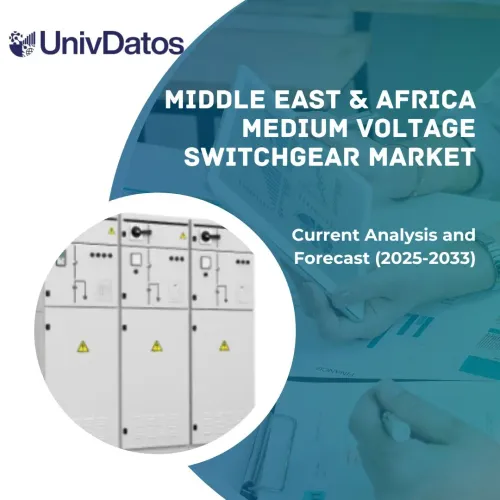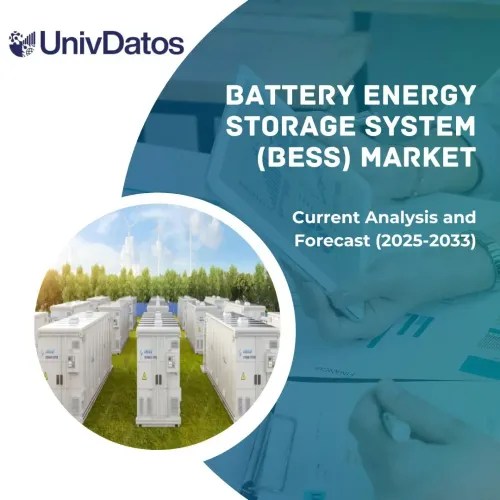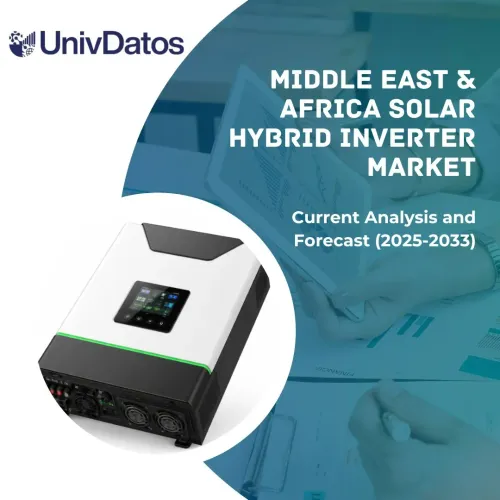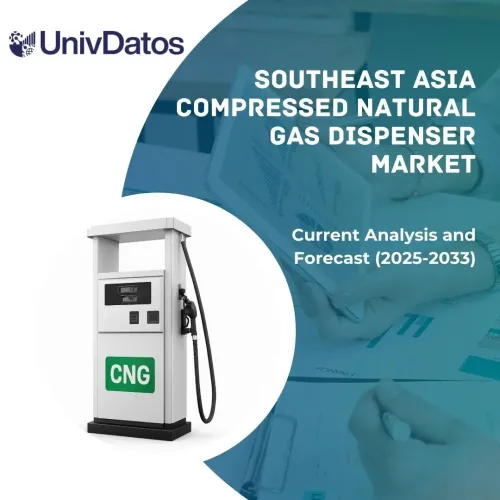- Home
- About Us
- Industry
- Services
- Reading
- Contact Us
Industrial Power Supply Market: Current Analysis and Forecast (2021-2027)
Emphasis on Type (AC−DC Converters, DC−DC Converters); Output Power [(Very Low Output (Up to 500 W), Low Output (500 W−1,000 W), Medium Output (1,000 W−10 kW), High Output (10−75 kW), Very High Output (75−150 kW)]; Vertical (Transportation, Semiconductor, Military & Aerospace, Robotics, Test & Measurement, Industrial 3D Printing, Battery Charging & Test, Laser, Lighting), and Region/Country
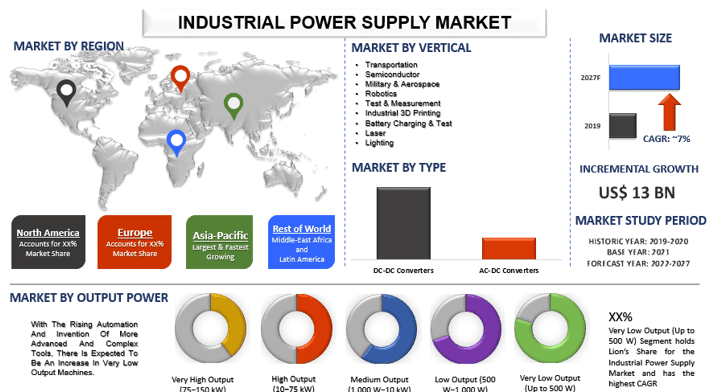
Industrial Power Supply Market is expected to exceed the market valuation of more than US$ 13 billion in 2027 and is expected to grow at a significant CAGR of 7% during the forecast period (2021-2027). Power Supplies for industries may be built into a machine on a factory floor. Equally, industrial power supplies can also refer to a myriad of other markets like CCTV, battery chargers, lighting, medical equipment, EPOS, marine, servers and PCs among others. Even though they are diverse, these application have a common need for products which are resilient to the environments which they face, and on the same time provide a reliable and cost-effective solution. The complexity of electronic products and equipment’s has grown steadily; this has made it important to maintain uncompromised safety standards which has also become a challenging process. Equipment used should remain protected from injury, while manufacturers should minimize exposure to litigation. Standard bodies around the world are recognizing these realities and have responded with new-generation safety legislation which has shifted significantly from prescriptive rules to a new hazards-based concept which has more performance based options.
The energy delivered in the industrial sector is more than any other end-user, which consumes about 54% of the world’s total delivered energy according to the Energy Information Administration (EIA) data. Energy consumption is related directly to the environment. Increase in energy consumption leads to increase in various environmental issues like greenhouse gas emissions, global warming, air pollution, which in turn drives the use of energy-efficient devices in industrial processes. The use of energy-efficient devices minimizes the exploitation of natural resources and helps to address related problems like voltage fluctuations. The rising need to reduce energy consumption has prompted manufacturers to develop innovative energy efficient devices. According to EIA, the energy use in the transportation sector is likely to increase by nearly 40% between 2018 and 2050. This growth is largely driven by non-OECD member countries, where the use of energy in the transportation sector is likely to increase by nearly 80% between 2018 and 2050. The energy used in the industrial power supply sector is expected to grow in the developing countries with the growing manufacturing sector.
Fuel Consumption by Type in Industries (%), 2018

ABB Ltd., Amara Raja Power Systems Limited (ARPSL), COSEL Co., Ltd., CUI Inc., Delta Electronics, Inc., Magna-Power Electronics, Inc., MEAN WELL Enterprises Co., Ltd., Siemens AG, TDK-Lambda Corporation, XP Power Ltd. are some of the prominent players operating in the Industrial Power Supply market. Several M&As along with partnerships have been undertaken by these players to facilitate customers with hi-tech and innovative products/technologies.
Insights Presented in the Report
“Amongst Type, DC-DC Converters segment holds the major share”
Based on Type, the Industrial Power Supply market is segmented into AC−DC Converters and DC−DC Converters. Amongst Type, the DC-DC Converters segment of the market was valued at US$ XX billion in 2020 and is likely to reach US$ XX billion by 2027 growing at a CAGR of XX% from 2021-2027. DC-DC converters are used widely to produce a regulated voltage from a source which may or may not be well controlled efficiently to a load that may or may not be constant. DC-DC converters are high-frequency power conversion circuits which use high frequency switching and inductors, capacitors, and transformers to smooth out switching noise into regulated DC voltages.
“Amongst Output Power, Very Low Output (Up to 500 W) Segment holds the major share”
Based on Output Power, the Industrial Power Supply market is segmented into Very Low Output (Up to 500 W), Low Output (500 W−1,000 W), Medium Output (1,000 W−10 kW), High Output (10−75 kW), and Very High Output (75−150 kW). Amongst output power, Very Low Output (Up to 500 W) segment accounted for a market valuation of US$ XX billion in 2020 and is expected to reach US$ XX billion by the year 2027, at a CAGR of XX% over the analyzed period. With the rising automation and invention of more advanced and complex tools, there is expected to be an increase in very low output machines. Additionally, growing digitalization in India, China and japan are the major reasons for the growth of the very low output power supply.
“Amongst Vertical, Transportation segment holds the major share”
Based on vertical, the Industrial Power Supply market is segmented into Transportation, Semiconductor, Military & Aerospace, Robotics, Test & Measurement, Industrial 3D Printing, Battery Charging & Test, Laser, and Lighting. Amongst vertical, the transportation segment of the market was valued at US$ XX billion in 2020 and is likely to reach US$ XX billion by 2027 growing at a CAGR of XX% from 2021-2027. Transportation plays a vital role in the world’s industrial growth, by facilitating the movement of people and global trade. However, it comes at a cost as it is the major source of emissions given its heavy reliance on fossil fuels.
“Asia Pacific represents one of the largest markets of Industrial Power Supply market”
For a better understanding of the market dynamics of the Industrial Power Supply market, a detailed analysis was conducted for different regions across the globe including North America (the U.S, Canada, and the Rest of North America), Europe (Germany, France, Italy, United Kingdom, Spain, and Rest of Europe), Asia-Pacific (China, Japan, India, Australia, and Rest of APAC) and Rest of the World. Asia Pacific dominated the market and grabbed around XX% market share owing to increasing urbanization and industrialization in the region.
Reasons to buy this report:
- The study includes market sizing and forecasting analysis validated by authenticated key industry experts
- The report presents a quick review of overall industry performance at one glance
- The report covers an in-depth analysis of prominent industry peers with a primary focus on key business financials, product portfolio, expansion strategies, and recent developments
- Detailed examination of drivers, restraints, key trends, and opportunities prevailing in the industry
- The study comprehensively covers the market across different segments
- Deep dive regional level analysis of the industry
Customization Options:
Industrial Power Supply market can further be customized as per the requirement or any other market segment. Besides this, UMI understands that you may have your own business needs, hence feel free to connect with us to get a report that completely suits your requirements.
Table of Content
Analyzing the historical market, estimation of the current market, and forecasting the future market of the Industrial Power Supply market were the three major steps undertaken to create and analyze the adoption of Industrial Power Supply in major regions globally. Exhaustive secondary research was conducted to collect the historical market numbers and estimate the current market size. Secondly, to validate these insights, numerous findings and assumptions were taken into consideration. Moreover, exhaustive primary interviews were also conducted, with industry experts across the value chain of the Industrial Power Supply market. Post assumption and validation of market numbers through primary interviews, we employed a top-down/bottom-up approach to forecasting the complete market size. Thereafter, market breakdown and data triangulation methods were adopted to estimate and analyze the market size of segments and sub-segments the industry pertains to. Detailed methodology is explained below:
Analysis of Historical Market Size
Step 1: In-Depth Study of Secondary Sources:
Detail secondary study was conducted to obtain the historical market size of the Industrial Power Supply through company internal sources such as annual report & financial statements, performance presentations, press releases, etc., and external sources including journals, news & articles, government publications, competitor publications, sector reports, third-party database, and other credible publications.
Step 2: Market Segmentation:
After obtaining the historical market size of the Industrial Power Supply market, we conducted a detailed secondary analysis to gather historical market insights and share for different segments & sub-segments for major regions. Major segments included in the report as Type, Output Power, and Vertical. Further country-level analyses were conducted to evaluate the overall adoption of Industrial Power Supply in that region.
Step 3: Factor Analysis:
After acquiring the historical market size of different segments and sub-segments, we conducted a detailed factor analysis to estimate the current market size of Industrial Power Supply. Further, we conducted factor analysis using dependent and independent variables such as increasing digitalization of industries and urbanization in developing countries. A thorough analysis was conducted for demand and supply-side scenarios considering top partnerships, merger and acquisition, business expansion, and product launches in the Industrial Power Supply sector across the globe.
Current Market Size Estimate & Forecast
Current Market Sizing: Based on actionable insights from the above 3 steps, we arrived at the current market size, key players in the Industrial Power Supply market, and market shares of the segments. All the required percentage shares split, and market breakdowns were determined using the above-mentioned secondary approach and were verified through primary interviews.
Estimation & Forecasting: For market estimation and forecast, weights were assigned to different factors including drivers & trends, restraints, and opportunities available for the stakeholders. After analyzing these factors, relevant forecasting techniques i.e., top-down/bottom-up approach was applied to arrive at the market forecast about 2027 for different segments and subsegments across the major markets globally. The research methodology adopted to estimate the market size encompasses:
- The industry’s market size, in terms of value (US$) and the adoption rate of Industrial Power Supply across the major markets domestically
- All percentage shares, splits, and breakdowns of market segments and sub-segments
- Key players in the Industrial Power Supply market in terms of products offered. Also, the growth strategies adopted by these players to compete in the fast-growing market
Market Size and Share Validation
Primary Research: In-depth interviews were conducted with the Key Opinion Leaders (KOLs) including Top Level Executives (CXO/VPs, Sales Head, Marketing Head, Operational Head, and Regional Head, Country Head, etc.) across major regions. Primary research findings were then summarized, and statistical analysis was performed to prove the stated hypothesis. Inputs from primary research were consolidated with secondary findings, hence turning information into actionable insights.
Split of Primary Participants in Different Regions
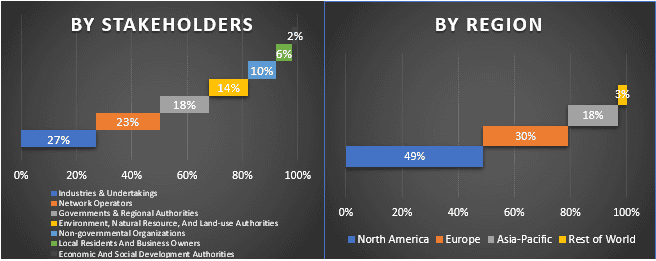
Market Engineering
Data triangulation technique was employed to complete the overall market estimation and to arrive at precise statistical numbers of each segment and sub-segment of the Industrial Power Supply market. Data was split into several segments & sub-segments post studying various parameters and trends in the areas of type and their type of the Industrial Power Supply market.
The main objective of the Industrial Power Supply Market Study
The current & future market trends of Industrial Power Supply were pinpointed in the study. Investors can gain strategic insights to base their discretion for investments from the qualitative and quantitative analysis performed in the study. Current and future market trends were determined the overall attractiveness of the market at a regional level, providing a platform for the industrial participant to exploit the untapped market to benefit as a first-mover advantage. Other quantitative goals of the studies include:
- Analyze the current and forecast market size of Industrial Power Supply in terms of value (US$). Also, analyze the current and forecast market size of different segments and sub-segments
- Segments in the study include areas of type and their subtypes
- Define and analysis of the regulatory framework for the Industrial Power Supply industry
- Analyze the value chain involved with the presence of various intermediaries, along with analyzing customer and competitor behaviors of the industry
- Analyze the current and forecast market size of the Industrial Power Supply market for the major region
- Major regions studied in the report include North America (the U.S, Canada, and Rest of North America), Europe (Germany, United Kingdom, France, Spain, Italy, and Rest of Europe), Asia-Pacific (China, Japan, India, Australia, and Others), and the Rest of the World
- Company profiles of the Industrial Power Supply market and the growth strategies adopted by the market players to sustain in the fast-growing market
Deep dive regional level analysis of the industry
Related Reports
Customers who bought this item also bought

